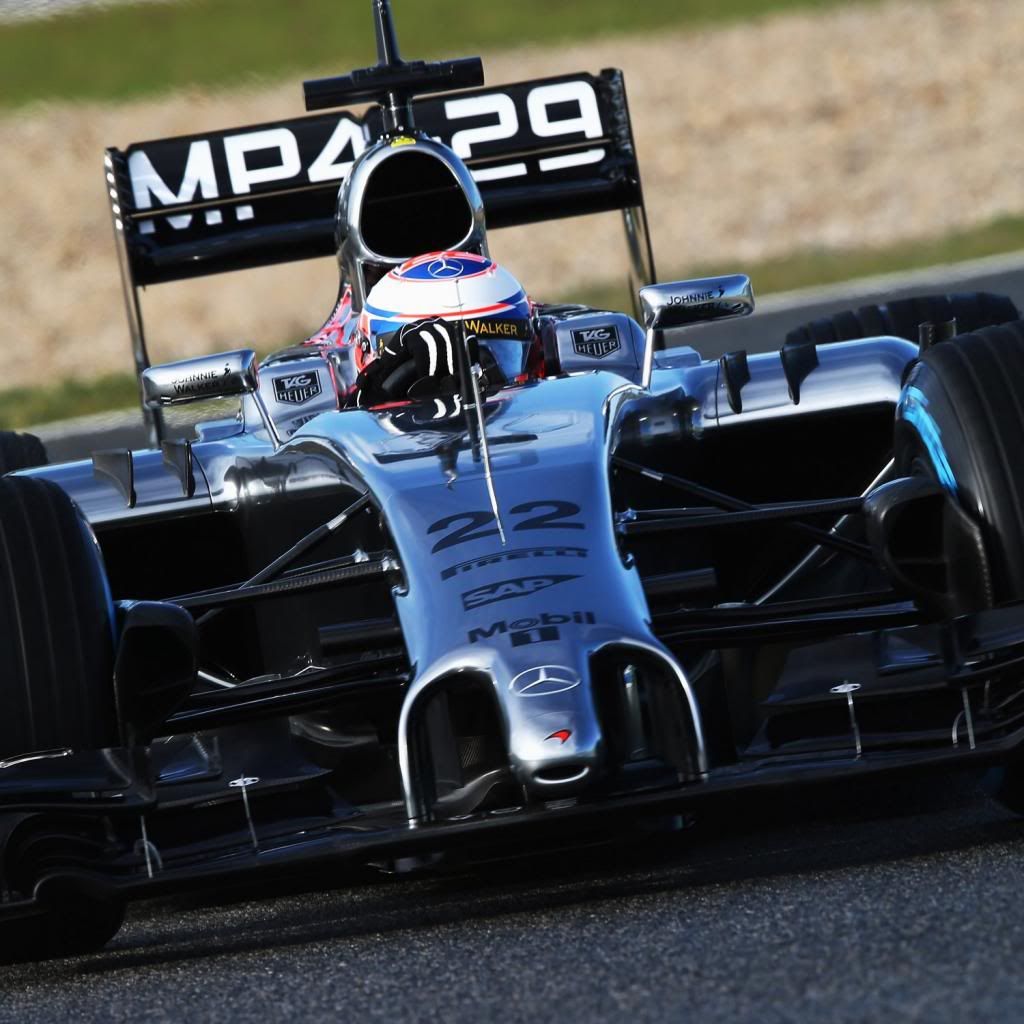ell66 wrote:theres NO chance of them all screwing up the last 2 races
While I think that the likelihood of them all screwing up is low, to say that there's NO chance is a little unfair. I can think of a number of ways that all other drivers in contention for the title could have problems.
How about these for possibilities:
- 1st corner incident could easily take out 3 or 4 of the drivers at the front. It's happened plenty of times in the past. In this situation, a "poor" qualifying for JB could well mean that he's far enough behind to avoid the crash and then able to capitalise.
- Ferrari are marginal on engines, Red bull are not in quite as bad a position there, but Vettel's engine blowup in Korea
could be a sign of things to come for the next two races
- What if SV and MW are fighting toward the end of a race, we've seen them take each other out before this season, it would not be beyond the realms of possibility for a similar thing to happen again, especially now the pressure is piling on. Who's to say that such an incident might also knock one of the other title contenders out for one race?
I'm not saying that Jenson is a dead-cert for the title, not by any means. But to say that there's NO chance of the others having a problem is certainly incorrect.
The answer to the ultimate question, of life, the Universe and ... Everything?






